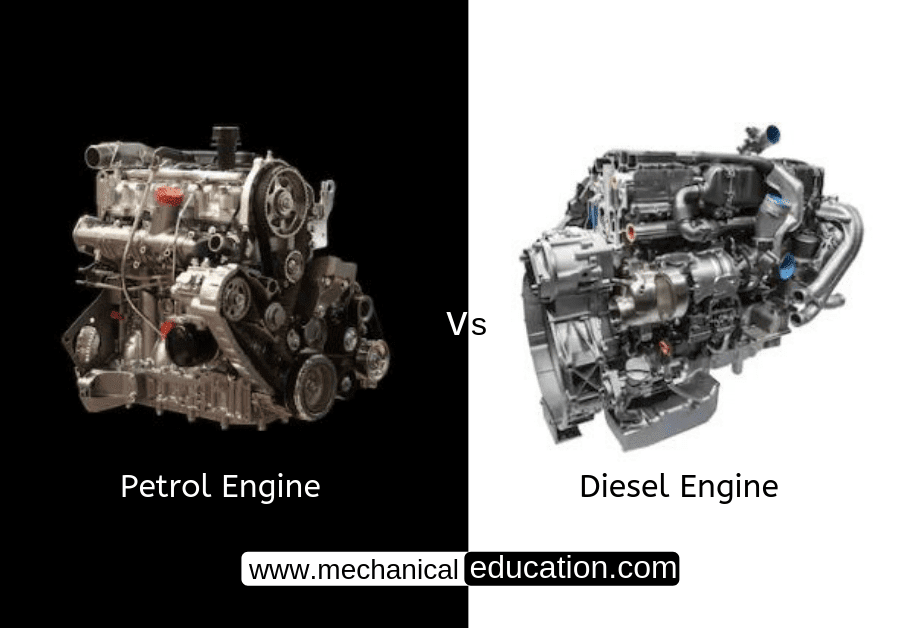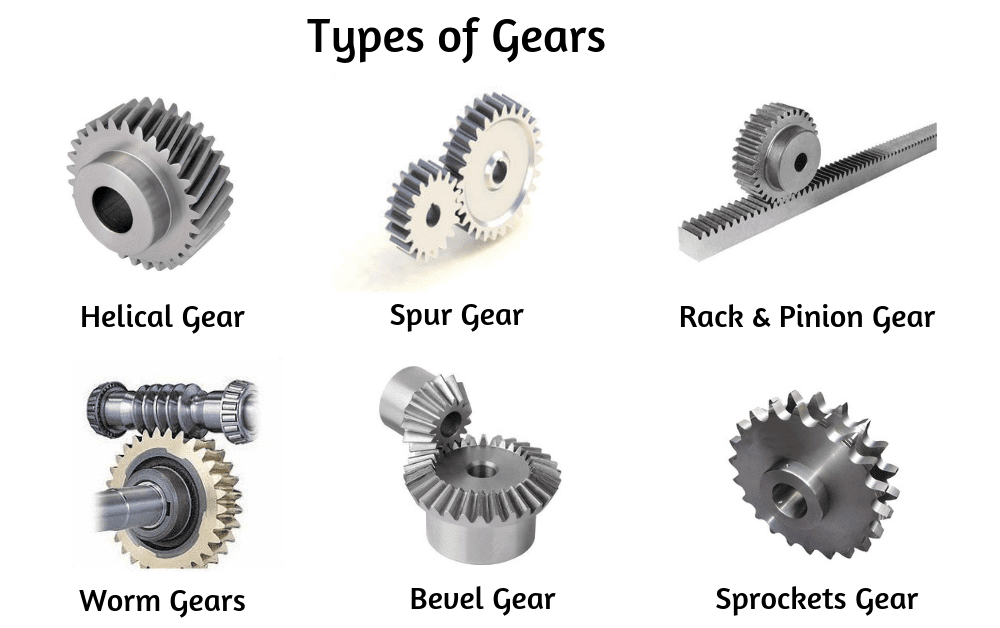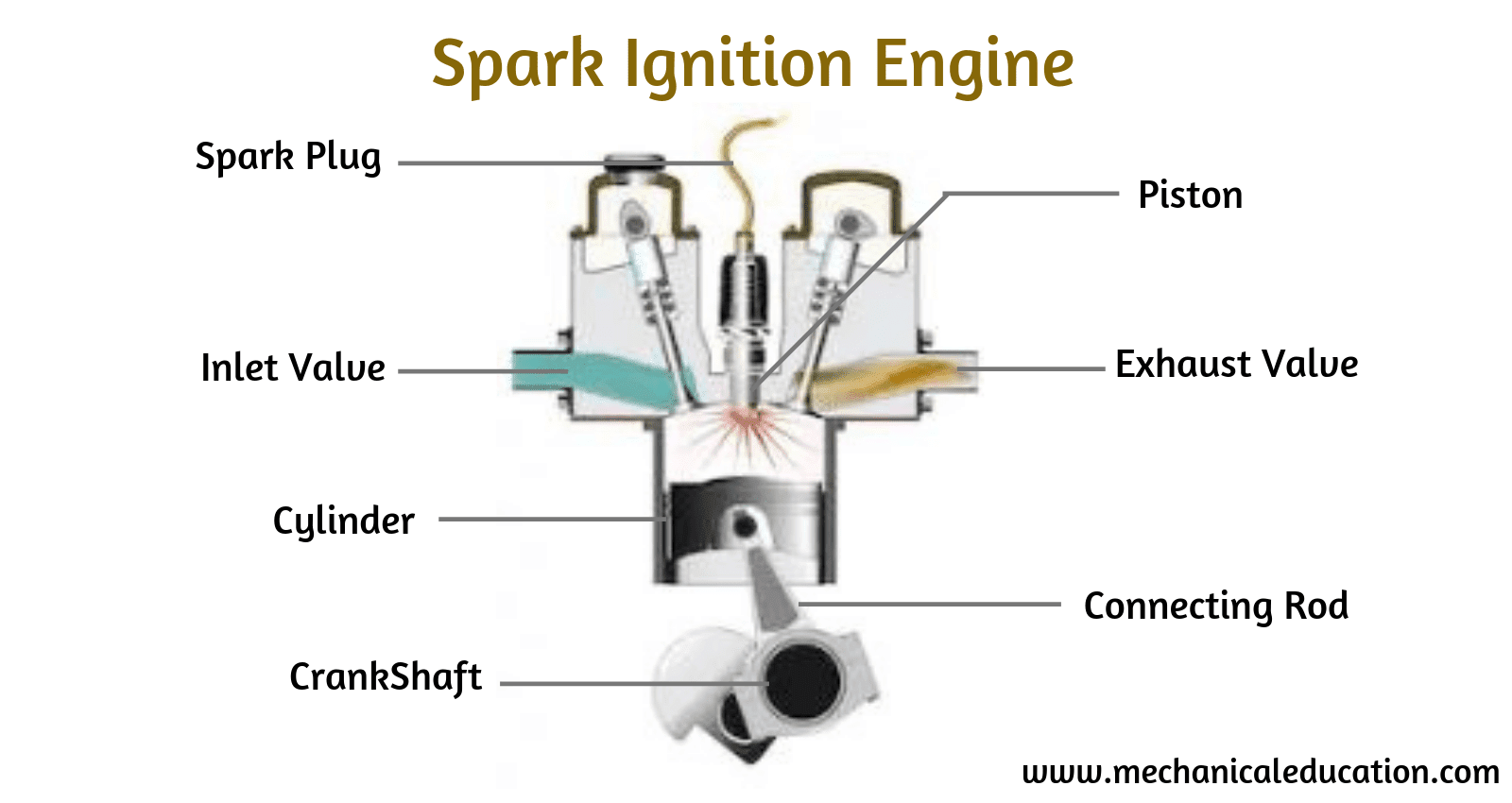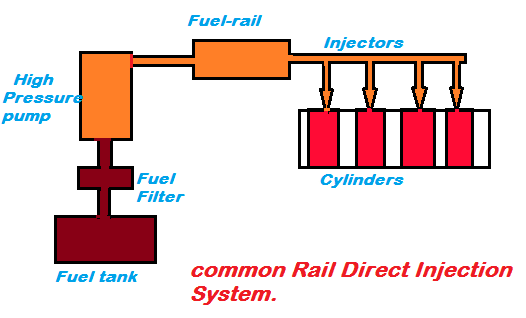The life expectancy of an AC compressor can vary widely depending on several factors, such as the make and model of the compressor, how well it has been maintained, and the conditions in which it operates. In general, the average lifespan of an AC compressor in a car is around 10-15 years, though some may last longer or shorter depending on usage.
Factors that can impact the lifespan of an AC compressor include:
- Maintenance: Regular maintenance, such as changing the air filter, checking the refrigerant levels, and cleaning the condenser, can help prolong the life of an AC compressor.
- Usage: If you frequently use your car’s AC system or drive in extreme temperatures, this can put more wear and tear on the compressor and reduce its lifespan.
- Quality: The quality of the compressor can also impact its lifespan. OEM (original equipment manufacturer) compressors are typically higher quality than aftermarket or refurbished compressors, and may last longer as a result.
If you suspect that your AC compressor is not functioning properly, it’s important to have it checked by a professional mechanic as soon as possible. Delaying repairs can lead to further damage to other components in your AC system and potentially increase the cost of repairs.
Frequently Asked Questions
1. What is the typical lifespan of a car A.C. compressor?
The lifespan of a car A.C. compressor can vary, but on average, it ranges from 8 to 15 years. Regular maintenance and prompt repairs can extend its longevity.
2. What factors can affect the life expectancy of a car A.C. compressor?
Factors include driving conditions, climate, the frequency of A.C. usage, maintenance practices, and the overall quality of the A.C. system components.
3. Can high temperatures or extreme weather conditions shorten the life of a car A.C. compressor?
Yes, exposure to high temperatures and extreme weather conditions can place additional stress on the A.C. compressor, potentially shortening its lifespan. Adequate cooling system maintenance is essential in such conditions.
4. Are there signs that indicate my car A.C. compressor is reaching the end of its life?
Signs include unusual noises, reduced cooling performance, visible leaks, or a seized compressor clutch. If you notice these symptoms, it’s advisable to have the A.C. system inspected by a professional.
5. Can regular maintenance practices extend the life expectancy of a car A.C. compressor?
Yes, regular maintenance, such as cleaning the condenser, checking refrigerant levels, and replacing the cabin air filter, can contribute to the extended life of a car A.C. compressor.
6. Is it possible to repair a failing A.C. compressor, or should it be replaced?
Depending on the extent of the damage, some A.C. compressor issues may be repairable. However, in many cases, replacement is a more practical and effective solution for long-term performance.
7. Can the use of aftermarket parts impact the life expectancy of a replaced A.C. compressor?
The quality of aftermarket parts can vary, and using high-quality components may contribute to the longevity of the replaced A.C. compressor. It’s essential to choose reputable and reliable parts.
8. Does the type of refrigerant used in the A.C. system affect the compressor’s lifespan?
The type of refrigerant can influence the A.C. system’s overall performance, but it is not the sole determinant of compressor lifespan. Using the recommended refrigerant and adhering to proper maintenance practices are crucial.
9. Can the A.C. compressor be damaged by running the A.C. at low refrigerant levels?
Yes, running the A.C. at low refrigerant levels can lead to inadequate lubrication and increased stress on the compressor, potentially causing damage and reducing its lifespan.
10. How often should I have my car A.C. system inspected to ensure the compressor’s health?
Regular A.C. system inspections, ideally during routine maintenance checks, can help identify potential issues early. It’s advisable to have the system inspected at least once a year or more frequently in challenging conditions.




